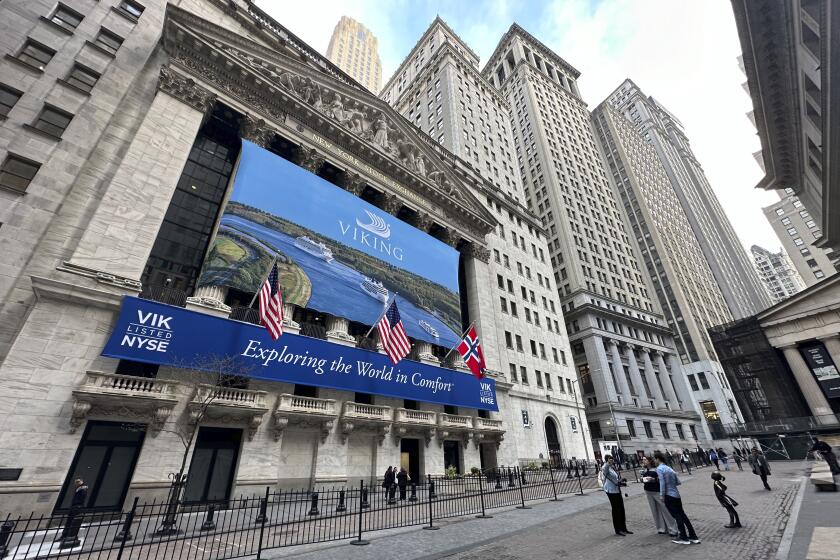Beijing Boogeyman
If it’s sympathy you’re after, there’s no better time to be unemployed than during the opening rounds of a presidential election season. Having presided over the loss of 3 million jobs during its tenure so far (but, in fairness, not responsible for many of them), the Bush administration recently announced new steps to make real its sympathy and concern over job losses in general and manufacturing job losses in particular.
For one, it exported Treasury Secretary John W. Snow to China to hector the Chinese about their $100-billion-plus trade surplus with the U.S. and encourage them to let their currency gain in value, which would make their exports more expensive and their imports cheaper.
The administration also announced it would create a “jobs czar,” with the rank of undersecretary of Commerce. Having been an undersecretary of Commerce (in Clinton I), I view this with some suspicion. Czars should have better titles than “undersecretary,” shouldn’t they? But, then again, wasn’t Deng Xiaoping’s official title deputy premier or some such when he remade China? So who knows what an earnest underling can accomplish.
But all of this new talk about China, its exchange rate and the loss of manufacturing jobs is somewhere between incoherent and absurd.
First, trade is not the driving force behind manufacturing job losses. The real culprits are far more benign: technology-driven productivity gains and structural change in the economy.
Manufacturing has sustained productivity growth rates of 4% annually for 10 years, meaning the same amount of goods can be made with 4% fewer people each year. Or put it this way: If the demand for manufactured goods (from cars to computers) doesn’t grow by 4% each year, the manufacturing labor force is going to shrink. Recent slow growth assures that result.
And then there’s structural change, particularly that old devil outsourcing. When a manufacturing company gets rid of its marketing researchers and maintenance workers and hires outside firms to do those jobs, “manufacturing” shrinks and “services” grow, even though nothing’s really changed.
So it’s not right to pin the rap for disappearing jobs on trade, and it’s beyond the pale to pin it on China. China doesn’t make stuff cheap; it makes cheap stuff. That is, China’s products generally don’t underprice and compete with American ones. Instead, the countries that China is pushing aside are Mexico, Malaysia and the like -- the folks who were already making cheap clothing, shoes and toys.
It’s almost surreal to imply, as the administration did when Snow made his Asian rounds, that our trade position would be affected by the Chinese letting their currency appreciate. All that would change is the name of the country printed on the sticker on the bottom of your flip-flops. But the worst fallacy of all might be that there is some magic level of manufacturing employment below which our economy falls into the abyss. If we were here 100 years ago and someone told us that we would one day need only 1% of our labor force to grow not only our own food but much of a hungry world’s as well, we would have thought them daft. But they would have been right.
Why is it surprising, then, that it takes an ever-smaller share of the population to make our things, just as it does to grow our food? If someone could invent a way to throw a bunch of parts off a roof and they landed as a finished car, would you think it bad? Well, that’s what productivity growth does -- albeit a little more slowly.
There is no denying that economic change -- whether new technologies, foreign competition or structural change -- means displacement or hardship for some. But you can’t stop change any more than King Canute could command the tide to recede. Instead, we need to reorient our policies around helping workers adapt. Training and relocation aid and other such programs may cost something, but they are cheaper than a policy that inhibits the very forces -- productivity, trade -- that raise our standard of living.
The image of a billion Chinese workers is daunting. But rather than a threat, the Chinese are an opportunity, the market of the future. Fear of economic change can certainly be unnerving. Perhaps we should have a special undersecretary of Commerce to deal with that.






